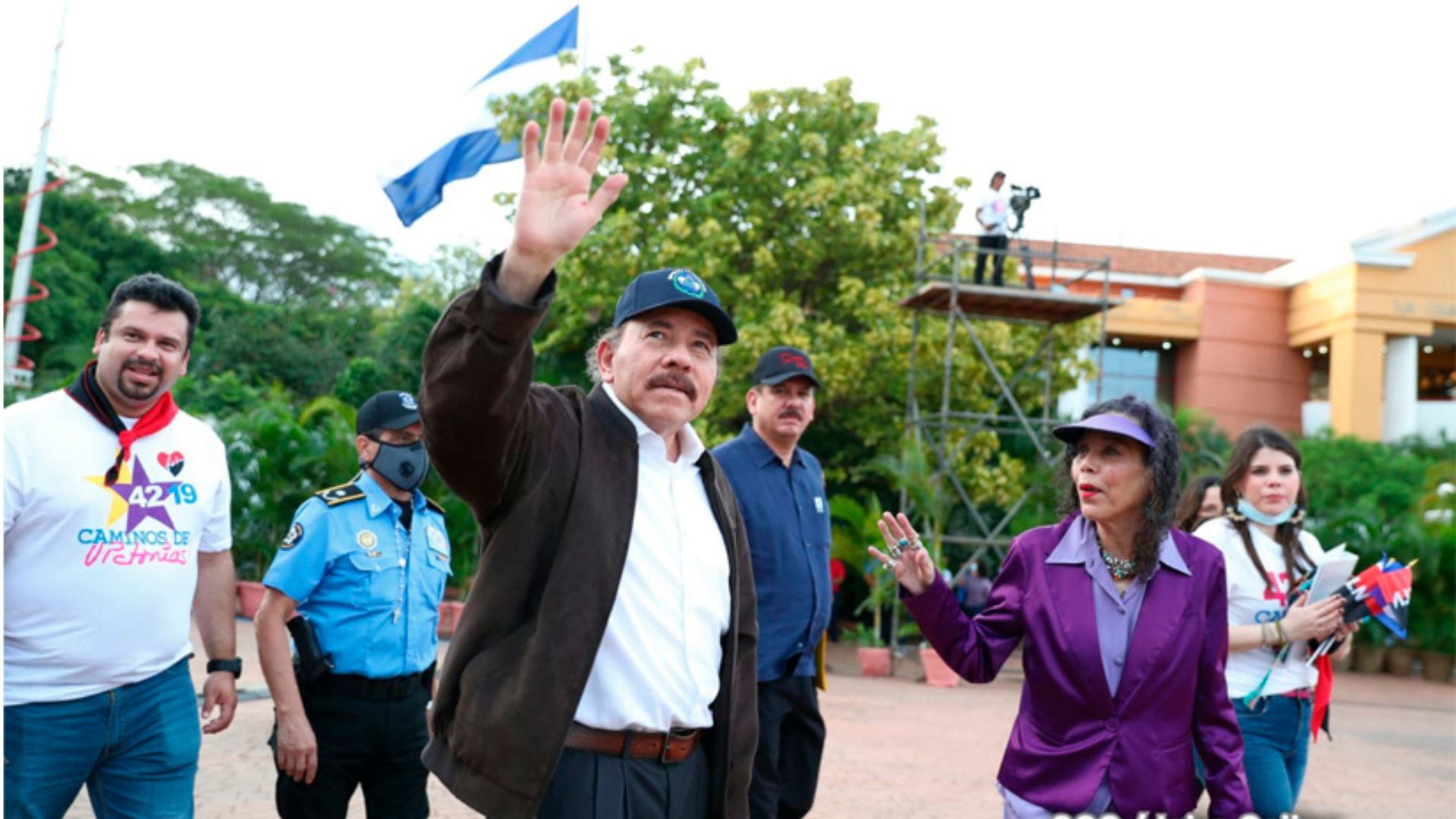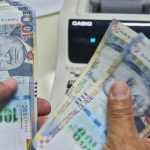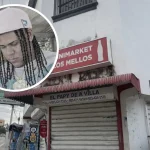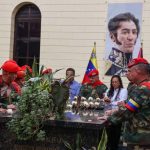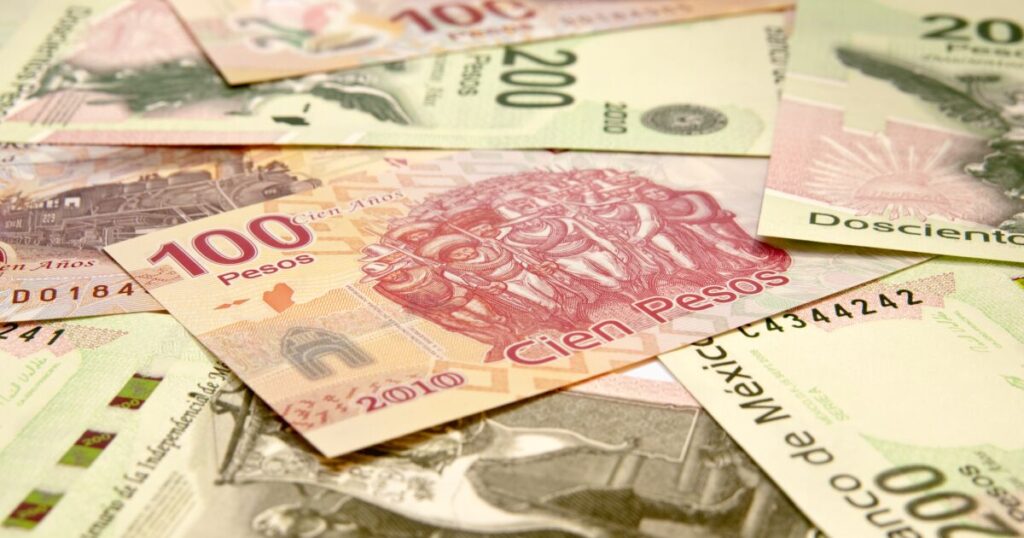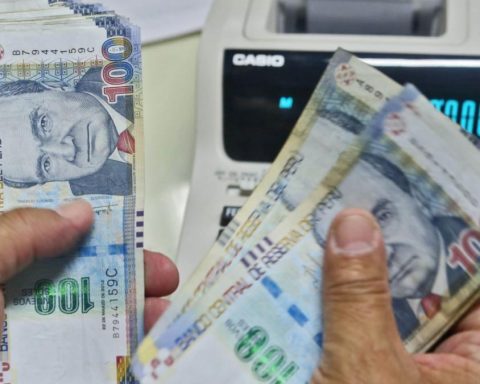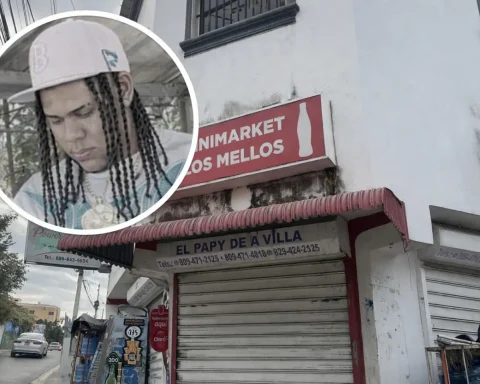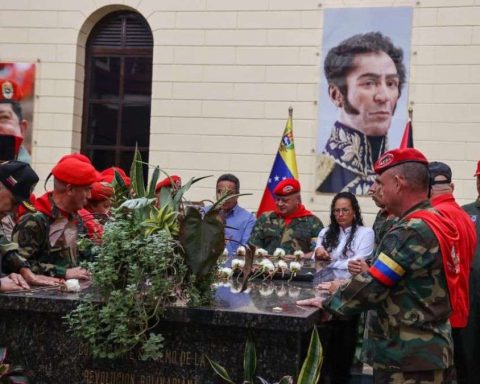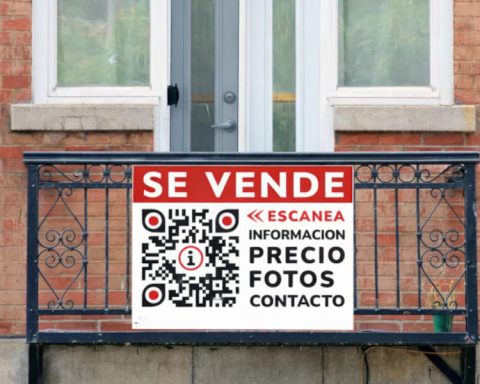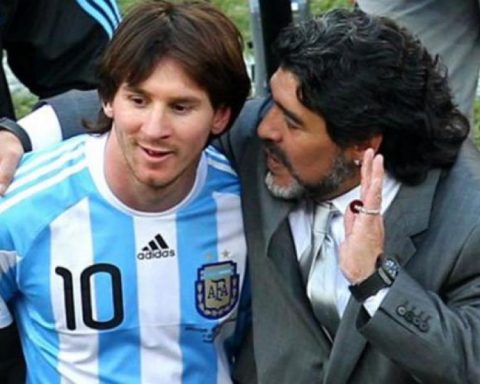The ruling Sandinista National Liberation Front (FSLN) is getting ready to celebrate this Tuesday, July 19, the 43rd anniversary of the triumph of the popular revolution in Nicaragua, which overthrew the Anastasio Somoza Debayle dictatorship with force of arms.
After a weekend of previous celebrations, with walks and caravans, the FSLN is getting ready for its great annual party, that of July 19, which commemorates the date on which Nicaraguans commemorated the end of the Somocista dictatorship.
Like every year, the celebration is expected to revolve around the speech of Daniel Ortega, who before returning to power in 2007 governed Nicaragua, first as part of the Government Junta (1979-1985), and later as an elected ruler ( 1985-1990).
Related news: Opponents: “July 19 was a usurped victory, betrayed and turned into the worst historical tragedy”
Vice President Rosario Murillo announced the presence of 277 special guests from different countries, without mentioning their names.
The last time Ortega received special foreign guests in a televised event for the public was on January 10, during his inauguration as re-elected president. It caused controversy due to the presence of the Iranian Mohsen Rezai, charged by the Argentine Justice for the 1994 attack against the AMIA Jewish Mutual Fund in Buenos Aires, which left 85 dead and remains unpunished.
Other guests were former Salvadoran presidents accused of corruption in their country, and nationalized Nicaraguans, Mauricio Funes and Salvador Sánchez Cerén, as well as former Honduran president Juan Orlando Hernández, prosecuted in the United States for links to drug trafficking.
The list included the president of Venezuela, Nicolás Maduro, for whom the United States has offered 15 million dollars for any information that leads to his capture, and the former foreign minister of the government of Rafael Correa in Ecuador, Ricardo Patiño, accused of instigating violence. during the mandate of Lenín Moreno.
The milestone of 2018
Until now, the Nicaraguan government has not reported whether Ortega will celebrate the anniversary of the revolution with a television event in front of a small audience, as in recent years, or will do so in a massive event, as in the years prior to the anti-government uprising. of 2018, in which thousands of Nicaraguans, including historic Sandinistas, took to the streets to demand his resignation and that of Murillo.
The Inter-American Commission on Human Rights (IACHR) has held the Government responsible for the armed attacks that left at least 355 dead in the 2018 protests against Ortega, who has recognized 200 victims.
Ortega denies the demonstrations and maintains that it was a “failed coup.” However, the sociopolitical crisis that Nicaragua is experiencing has disrupted the way in which the FSLN celebrates July 19.
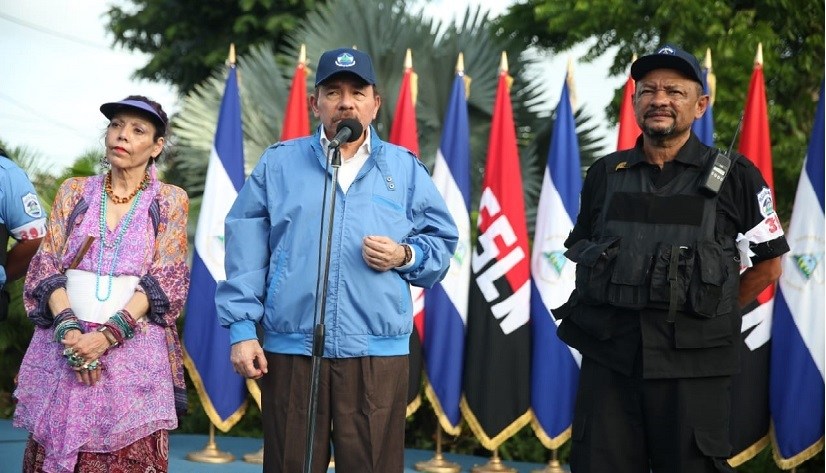
In the weeks prior to the great Sandinista party, the militants were called to celebrate in public spaces for characters and events that the FSLN did not previously attach great importance to, such as former guerrillas killed in combat or little-known battles.
On the other hand, events that the party celebrated with relevance, such as the “tactical withdrawal to Masaya” of 1979, whose recreation was led by Ortega and his family every year, seem to have receded into the background.
The “withdrawal” recreated the exodus of thousands of Managuans to the indigenous community of Monimbó, in the city of Masaya, after which came the fall of Somoza.
This activity has been marginalized since 2018, when the Masayas declared the city “free from the dictator”, in reference to the Sandinista leader. Yubrank Suazo, who read the proclamation of freedom, was found guilty and sentenced to ten years in prison last week for “conspiracy to undermine national integrity.”
Opposition groups in Nicaragua and in exile, who compare Ortega with Somoza, called on the population to experience July 19 as a “day of mourning”, rejecting Sandinismo, closing the doors of their houses, refraining from going out to streets, or visiting leisure centers.
For many, the party that once united Nicaraguans today disunites them, but the last word, as it did four decades ago, is Ortega’s.
